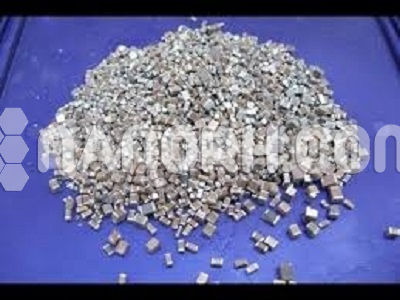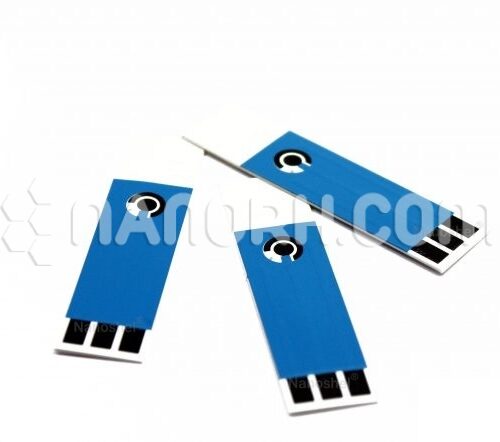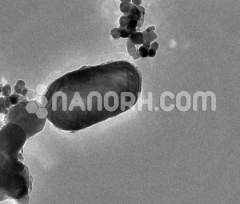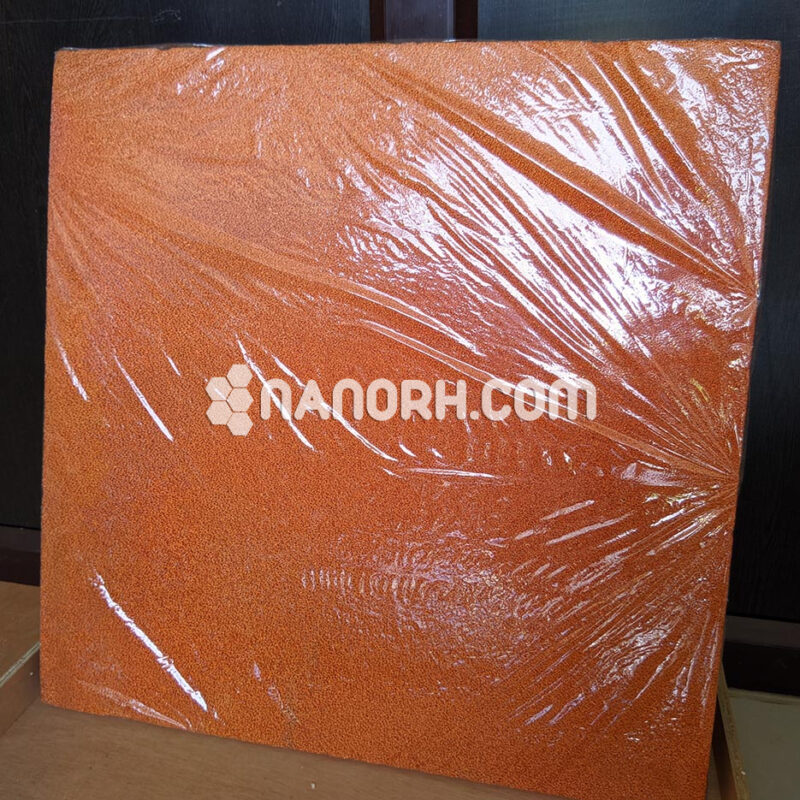Antimony Chips (Sb, Purity: >99.95%, APS: 1-5mm)
| Antimony Chips | |
| Product No | NRE-52006 |
| CAS No. | 7440-36-0 |
| Formula | Sb |
| Molecular Weight | 121.75g/mol |
| Purity | >99.95% |
| Density | 6.6g/cm3 |
| Melting Point | 630°C |
| Boiling Point | 1750°C |
| Shape | Chips |
| Size | 1-5mm |
| Thermal Conductivity | NA |
| Thermal Expansion | NA |
| Color | Silver Gray, Metallic |
Antimony Chips
Antimony chips, which are small pieces or fragments of antimony metal, are used in various industrial and scientific applications due to their unique chemical and physical properties.
Alloy Production
Lead-Antimony Alloys: Antimony chips are used in the production of lead-antimony alloys. These alloys are commonly used in batteries, where antimony improves the strength and durability of the lead, and enhances the alloy’s ability to withstand deep discharge cycles.
Solder and Alloy Additives: In soldering and other metal alloy applications, antimony chips are added to improve the alloy’s properties, such as increasing strength and hardness.
Flame Retardants
Flame Retardant Compounds: Antimony is used in combination with halogenated compounds to produce flame retardants. These compounds are used in a wide range of materials, including textiles, plastics, and electronics, to reduce flammability and enhance fire safety.
Semiconductors and Electronics
Semiconductor Materials: Antimony chips can be used in the production of semiconductor materials. Antimony is an important component in certain semiconductor devices and materials, such as antimony trisulfide (Sb₂S₃), which is used in infrared detectors and photovoltaic cells.
Electronic Components: Antimony is used in various electronic components and devices, where it can serve as a dopant or additive to alter the electrical properties of materials.
Catalysis
Catalytic Applications: Antimony compounds, often derived from antimony chips, are used as catalysts in certain chemical reactions. Antimony can act as a catalyst or catalyst promoter in the production of various chemicals and polymers.
Glass and Ceramics
Glass Manufacturing: Antimony is used in the glass industry to produce certain types of glass, including high-quality glassware and specialty glasses. Antimony oxides can be used to improve the clarity and strength of the glass.
Ceramic Glazes: Antimony chips can be used to produce ceramic glazes with specific properties. Antimony compounds can affect the color and finish of the glaze, and improve the durability of ceramic products.
Battery Manufacturing
Battery Components: Antimony is used in some battery technologies, especially in lead-acid batteries. It enhances the performance of the battery by improving the alloy’s mechanical strength and resistance to corrosion.




